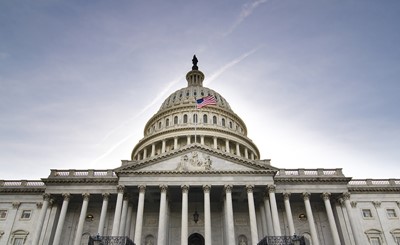The latest news from D.C.

Following the failure in the Senate to pass various legislative proposals – the Better Care Reconciliation Act (the Senate version of repeal and replace), the straight repeal option, or the “skinny repeal” bill – last week, Senate leadership has continued to say that they are moving on to other agenda items for now. However, there still seem to be daily updates from D.C. Several new proposals have come to the forefront in the past week. Senators Cassidy and Graham have proposed block granting Affordable Care Act (ACA) funding (including related to premium tax credits and cost-sharing reductions) to the states, providing them with the flexibility over how to utilize what would be more limited funding, much like the proposed Medicaid block grants. At this point, the odds do not appear any better for this proposal to pass than the previous efforts. There are also renewed efforts focused on market stabilization. Senate Health, Education, Labor and Pensions (HELP) Committee Chairman Senator Alexander announced his intent to hold hearings starting in September to craft bipartisan legislation aimed at stabilizing the individual health insurance market, and intends to include in the legislation a one-year appropriation of the cost-sharing reduction reimbursements and greater flexibility for states. The Senate Finance Committee has also announced that it will hold hearings in the fall, on both the ACA and the Children’s Health Insurance Program, which needs to be reauthorized by September 30th. At the same time, House members from both sides of the aisle have shared a proposal to shore up the individual markets by: ensuring funding for cost-sharing reductions; further limiting the employer mandate; creating a Federal stability fund for states; providing greater state flexibility (via Section 1332 State Innovation Waivers and Section 1333 Health Care Compacts); and eliminating the medical-device tax.
All eyes are also on the administration to see if the President follows through with threats to end cost-sharing reduction (CSR) payments, though most recently it appears that a decision will not be made until later this month. At the same time, the U.S. Court of Appeals for the D.C. Circuit just allowed a group of state attorneys general to intervene in the Federal lawsuit over CSRs. The focus of the lawsuit is whether the administration may make CSR payments, not whether it must. The states will defend the appropriateness of those payments.
PCG subject matter experts are monitoring closely as leaders in D.C. continue to discuss next steps.
